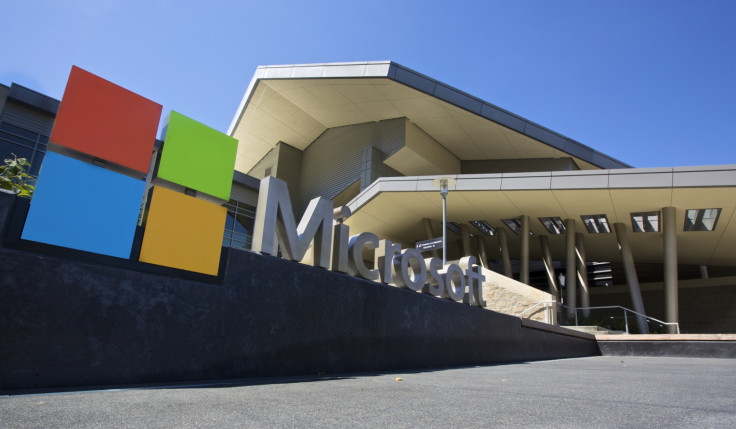Can Microsoft's Bing predict cancer by analysing your search history?

Microsoft claims to have developed the powerful pre-cognitive gift of being able to warn of cancer risk in people before they've even been diagnosed thanks to data taken from its Bing search engine.
Scientists working for the computer giant analysed vast Bing search data and were able to extract information that provided strong evidence to suggest particular individuals were diagnosed with prostate cancer. They then worked back through the individuals' search history and discovered a log of queried medical symptoms from months before that are linked to the deadly disease.
This level of search intel could lead to providing early warning flags to serious illness that can be life-saving, particularly for diseases like cancer, buying victims valuable treatment time, it said in a blog post.
Eric Horvitz and Ryen White, part of the Microsoft research team, published their study in the Journal of Oncology Practice with findings that internet-diagnosis could one day hopefully prove more effective as X-ray or MRI in detecting illness before it's too late.
"People are being diagnosed too late," said Horvitz. "We believe that these results frame a new approach to pre-screening or screening, but there's work to do to go from the feasibility study to real-world fielding."
With most of us these days jumping onto the internet rather than heading down to the doctors to find answers and help shed some light on certain health problems, there is a trove of data and search behaviour analytics available. Microsoft's Bing search engine is known for its crystal ball gazing with it being able to throw up sport predictions based on data and now it could apply this to the medical sphere.
The Microsoft blog explained that for the pancreatic cancer victims they identified searches for ailments like "itchy skin, weight loss, light-coloured stools, patterns of back pain and a slight yellowing of the eyes and skin might not prompt a patient to seek medical attention". On their own they might not raise a flag but with Microsoft being able to identify a pattern of these searches the researchers are able to attribute it to something more serious and then raise a flag.
The future of medicine?
The data could play a part in the future of medicine, acting like "a different kind of sensor or monitoring system" or perhaps a system linked into your GP that can give them an alert to when you perform a string of health searches related to a particular time-of-the-essence illness. The researchers claim "Microsoft has no plans to develop any products linked to the discovery" however did hint at one day we may see a Cortana (Microsoft's AI personal assistant) for health that could advise individuals depending their searches.
Of course, Microsoft would need to implement this smartly, avoid scaring anyone, and not contribute to the rising cases of 'cyberchondria' caused by people taking to the internet and thinking their common cold is something far more serious. We also can't ignore the privacy concern around your search data but won't have to worry for now as it's only a "proof of concept".
© Copyright IBTimes 2025. All rights reserved.






















